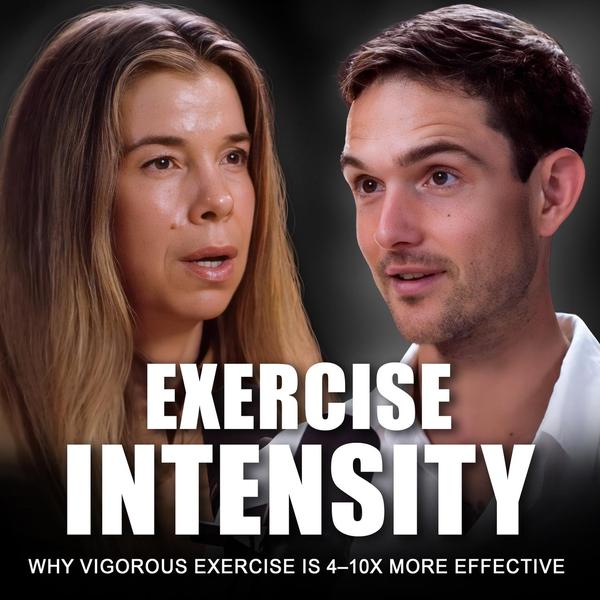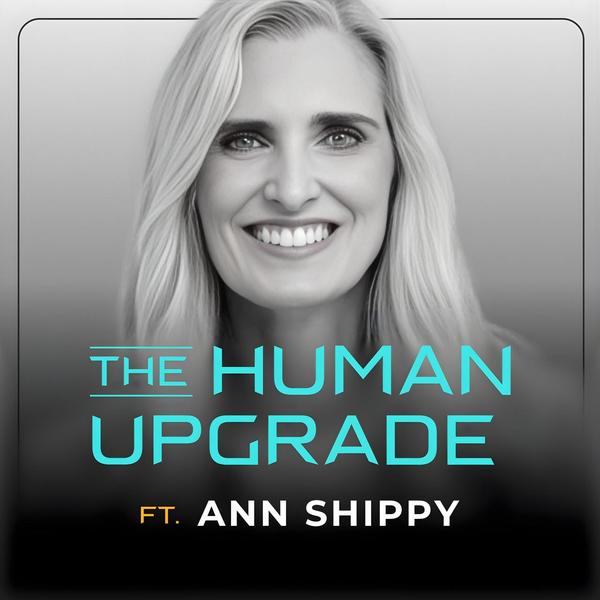#097 The Science of Protein and Its Role in Longevity, Cancer, Aging, and Building Muscle
Rhonda Patrick
Nov 27, 2024
Mindsip insights from this episode:
Consume 100 grams of protein for enhanced anabolic response
A study found that consuming 100 grams of protein led to a more robust and prolonged anabolic response than 25 grams, challenging the myth that the body can only use 20-25 grams at once.
Consume high protein safely without harming kidney function
Research shows that consuming protein intakes as high as 3.2 to 4.5 grams per kg of body weight per day for up to one year does not cause adverse changes in kidney function in healthy people.
Increase daily protein intake to 1.2-1.6 g/kg for optimal health
The optimal range for daily protein intake is closer to 1.2 to 1.6 grams per kilogram of body weight, as the RDA of 0.8 g/kg is considered too low by many experts.
Exercise before protein intake to overcome anabolic resistance in older adults
For older adults, exercising before protein intake can make their muscle anabolic response identical to that of a younger adult, negating age-related anabolic resistance.
Debunk the anabolic window myth for muscle growth
Scientific evidence reveals that muscle protein synthesis remains significantly elevated for a full 24 hours following exercise, debunking the notion of a narrow anabolic window.
Activate muscle protein synthesis by reaching leucine threshold
The amino acid leucine is the critical signal that activates the MTOR pathway, and a meal must reach a specific 'leucine threshold' to kickstart muscle protein synthesis.
Avoid collagen for optimal muscle building
Collagen is a suboptimal protein choice for building skeletal muscle because it lacks essential amino acids like leucine and does not significantly enhance muscle protein synthesis.
Transform IGF-1 behavior through physical activity to reduce cancer risk
Physical activity fundamentally changes how the growth factor IGF-1 behaves, redirecting it to muscles and the brain where it is beneficial, which may mitigate its potential pro-cancer effects.
More from
Rhonda Patrick
#108 The Best Type of Exercise for Longevity
#104 Dr. Ben Bikman: How To Reverse Insulin Resistance Through Diet, Exercise, & Sleep
#103 A Deep Dive on Using Coffee For Health & Longevity (Full Guide & Research)
#102 Why Vitamin D Deficiency Accelerates Brain Aging
#101 Dr. Andy Galpin: The Optimal Diet, Supplement, & Recovery Protocol for Peak Performance
You also might be interested in
Dr. Casey Means: Eat like THIS to reduce your Risk of Metabolic Disease!
Biohacking Fertility for Men and Women at Any Age
Improve Energy & Longevity by Optimizing Mitochondria | Dr. Martin Picard
Dr. Casey Means: Stop Ignoring Your Health — Do These 5 Free Tests!
The Untold Science Of Vibration Therapy & The “BioDrive” Breakthrough That Regulates Your Mind and Body, With Dr. Mike North















